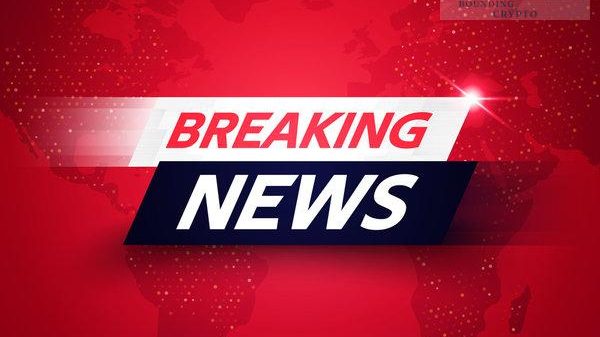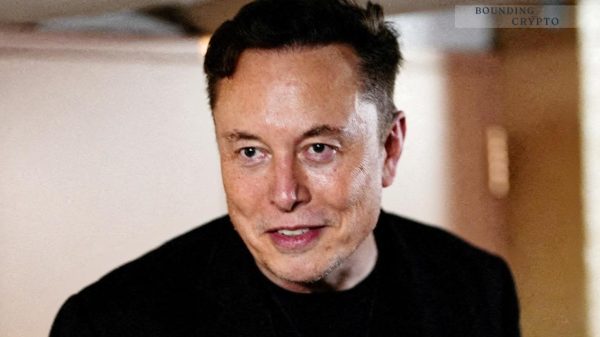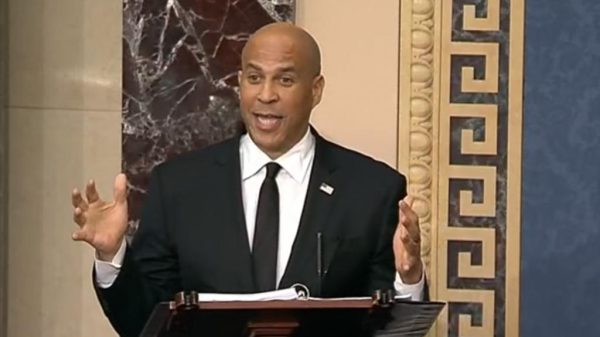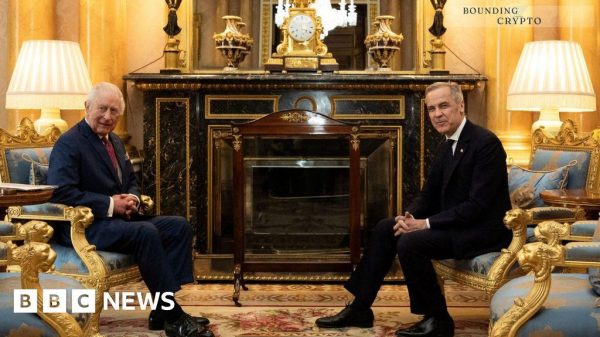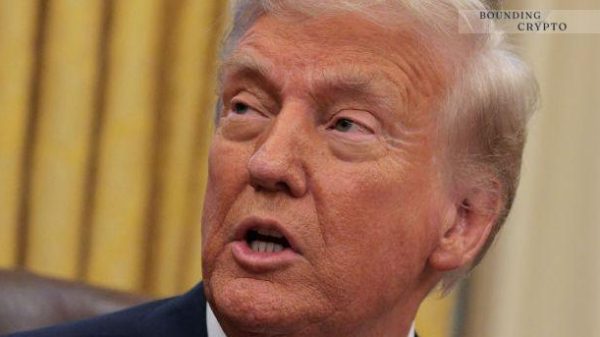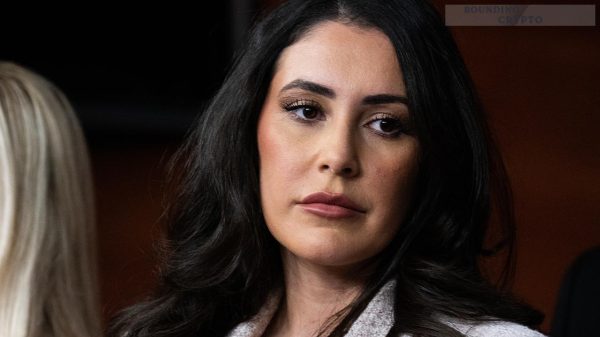Six years ago, Democrat Phil Murphy assumed the role of New Jersey Governor, vowing to rescue the struggling public transit system. However, instead of gaining accolades, Murphy is now under fire in two states for exacerbating the already dysfunctional regional transit network serving New York City.
Democrats, activists, and environmentalists in the region are increasingly portraying Murphy as a transit antagonist, and even New York’s business leaders are growing disenchanted. The focal point of the criticism lies with New Jersey Transit, a state agency overseeing the nation’s second-largest commuter train service and an extensive bus network.
Despite Murphy’s repeated promises to rectify the issues plaguing NJ Transit, the agency is grappling with a $100 million budget deficit this summer, projected to escalate to nearly $1 billion next year.
This financial turmoil directly impacts New York City businesses that depend on NJ Transit for punctual employee transportation, making it a shared concern for both states.

Concurrently, Murphy has inserted himself into the contentious debate over a proposal to impose steep tolls for entering lower Manhattan—a plan devised by New York officials to generate $15 billion for the Metropolitan Transportation Authority’s upgrades to the city’s subway and bus systems.
Termed the “congestion pricing plan,” it stands as a coveted solution for New York civic leaders striving to alleviate traffic through toll revenue for public transit. However, the proposal has sparked resentment among drivers in New Jersey, where car dependency is prevalent.
The final component to resolve the Metropolitan Transportation Authority’s (MTA) budget challenges was the revenue generated from tolls, a critical aspect after Democratic Governor Kathy Hochul endorsed a tax hike for the agency last year.
However, the painstaking efforts spanning generations of New York politics are now being subverted by Murphy’s New Jersey counterpart. Simultaneously, Murphy refrains from proposing tax increases to address NJ Transit’s issues.
This confluence of factors, along with Murphy’s lawsuit against New York, results in a peculiar scenario where the governor of one state is held accountable for challenges in two.

While tensions between New Jersey and New York are not unprecedented, this situation poses a threat to Murphy’s legacy as an environmentally conscious leader, initially championed by Al Gore and allies who anticipated him becoming one of the nation’s most environmentally friendly governors.
Concerns are being raised about the financial approach of New Jersey Governor Phil Murphy, who, due to his extensive commuting experience between New Jersey and Manhattan, is expected to understand the significance of the mass transit system.
Kathryn Wylde, involved in formulating New York’s tolling plan supported by businesses, emphasized the need for Murphy’s insights on funding solutions.
Despite NJ Transit’s pre-existing issues, Murphy’s administration prioritizes an $11 billion plan for the New Jersey Turnpike expansion toward the Holland Tunnel, leaving the financially strapped NJ Transit overlooked. Wylde, a contributor to Murphy’s gubernatorial campaign, suggested that Murphy’s actions would influence considerations for donations to First Lady Tammy Murphy’s U.S. Senate campaign.
Throughout his tenure, NJ Transit fare hikes were consistently avoided by Murphy, a strategy now recognized as unsustainable. The popular fare freeze, while appealing to commuters, contributes to the system’s worsening financial challenges.
The governor concedes that revisiting ticket prices becomes inevitable. However, implementing fare increases amid ongoing evaluations of service modifications to cut costs poses a potential risk of public backlash.
In recent interviews, little urgency is conveyed by Murphy regarding the resolution of NJ Transit’s issues, and he has dismissed a plan to fund NJ Transit without presenting an alternative of his own.
A congestion pricing plan has been suggested by Murphy, expressing potential support, but he contends that New York is approaching it in the wrong manner.


